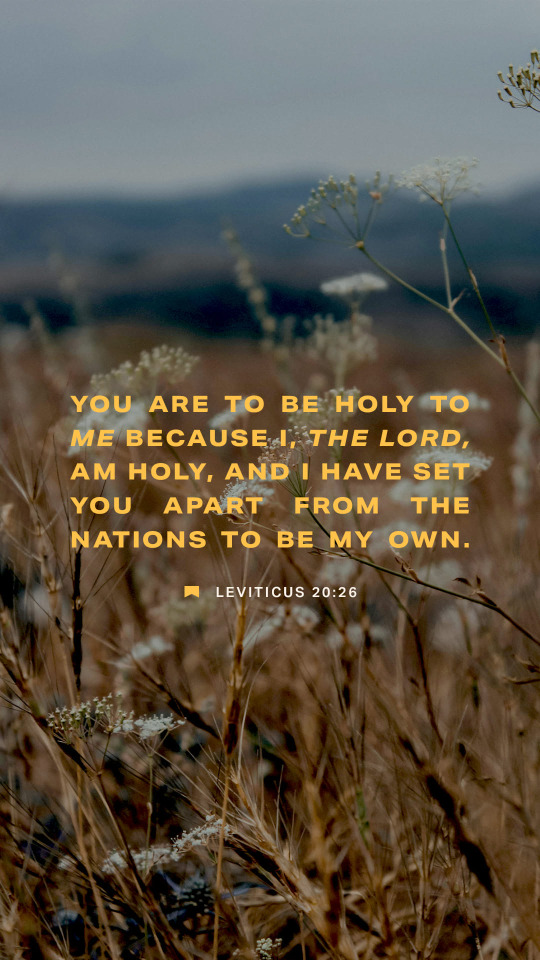#leviticus
Text

Superman runs to Smallville in Gene Luen Yang’s “Superman Smashes the Klan”
He passes by the Lutheran church that has a verse on the sign

The verse Leviticus 19:34

What does that say?
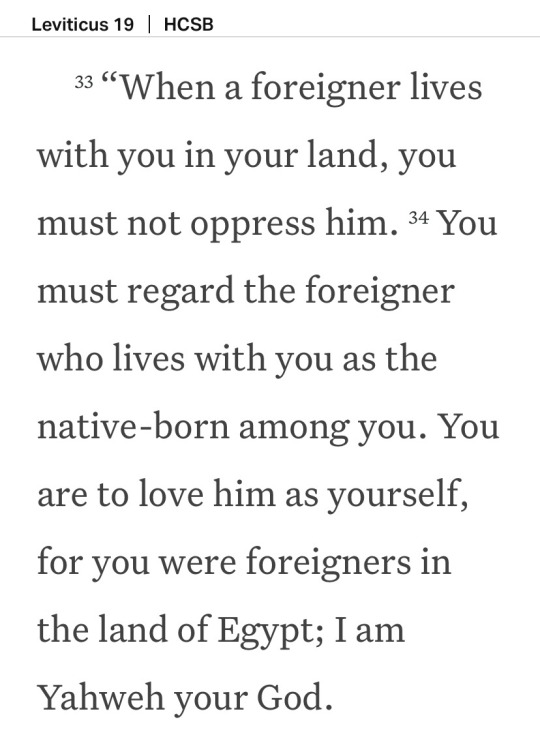
“You must regard the foreigner who lives with you as the native-born among you. You are to love him as yourself, for you were foreigners in the land of Egypt; I am Yahweh your God.”
Leviticus 19:34 HCSB
Nice work there
Remember Superman is the tale of the immigrant and the child raised between two worlds. How is that impossible a tale to tell?
#superman#relevant?#superman smashes the klan#gene luen yang#leviticus#Leviticus 19:34#immigration#immigrants
807 notes
·
View notes
Text

01/12/2024
"Can that tiny pamphlet really contain all of Mosaic law?"
Bro. Sure.
___
JOKE-OGRAPHY:
1. Following from the last two comics, Mary has to make a sacrifice as a new mother, according to Mosaic law (Leviticus 12:1-8). As a poor family, she and Joseph can't afford the prescribed sacrifice of one yearling lamb and one turtledove, so they address their "Mosaic Law and You" brochure and see if there are substitute sacrifices they can use. It turns out there are! According to Leviticus 12, if they can't afford a lamb, they can sacrifice TWO turtledoves (or pigeons) instead of one. "Two turtledoves" is one of the lyrics in the song, "The Twelve Days of Christmas," so in this cartoon, I add a list of other possible substitute sacrifices as if the song is an extension of the Leviticus law. It is not. I am a lying liar, who has lied.
2. "What's a french?" reflects the fact that Mary has no idea what "french" means. Back in ye olde Bible dayes, France did not exist in its current form, as St. Joan of Arc hadn't yet slain the titan, Grumblebuff, whose head became England and whose body formed the rest of Europe.
#catholic#christian#jesus#comic#cartoon#catholic memes#jesus memes#christian memes#tomics#bible#nativity#mosaic law#leviticus#two turtledoves#three french hens#grumblebuff
374 notes
·
View notes
Text
Hey stop thinking of God and Jesus as your "homie" or "the man upstairs" or even your "best friend" in the same sense as your human best friends.
I get where those impulses come from--they help you feel relationally "closer" to God. But that's the thing. The whole Gospel is "He's way high above you and totally perfect and in complete authority over you—and yet you can still have a close intimate relationship with Him, without that aspect of His nature ever lessening or changing."
That's the wonder and the awesomeness of the Gospel—that His holiness and otherness and authority doesn't make your relationship less intimate, and in fact, you can have the closest relationship to Him of your whole life. Without Him ever being brought down to your level. That's the wonder of the Gospel. Don't cheapen it by letting humanism-shortcuts taint your view of Him. Don't settle for normal mud pies when it's actually an extravagant feast like nothing else you can taste.
Leviticus 10:3: "By those who come near Me I will be treated as holy."
#Christianity#Christian#Leviticus#my one comfort both in life and death#Jesus#Jesus Christ#Christ#god#Yahweh
185 notes
·
View notes
Text

Big Bible Baphomet by Van-Weasel (2013)
Some friends were passing a bible around and adding art and poetry to it, so I figured Leviticus was lonely and needed a Big Bad Baph Babe to keep it company.
Source: https://www.furaffinity.net/view/11043387/
283 notes
·
View notes
Note
Jewish culture is being salty because your parasha piece for your bnei mitzvah was from Leviticus, while your sister got it from like one of the coolest books, Exodus
(as a side note, at least my bit wasn’t just reading a bunch of rules. I got 10:1-11— Nadav and Avihu just getting smited and Aharon not being allowed to mourn, it was… a little intense)
real, coming up with a speech about my parasha was so hard 😭 but apparently I delivered it well!
35 notes
·
View notes
Note
hey, someone i follow here on tumblr recommended me this blog for questions about abrahamic religions, so one thing i always wondered is why is pork a big no for jews and muslims, but seems to be totally ok for christians, afaik they worship the same God and follow a lot of the same teachings, and i know theyre different in a lot of stuff but this one just stands out to me
(also sorry for getting in your askbox with this demonic themed looking blog i swear i just like creepypasta)
Hey! No worries about the blog theme, I'm always happy to interact with anyone interested in genuine dialogue. :)
So, I'm going to put Islam off to the side for now, because with few exceptions (Ibn Barrajan comes to mind), Muslims did not use the shared Judeo-Christian texts to explain their prohibition against pork. Most Islamic authorities would cite verses like Surah al-An'am, verse 145, which calls "the flesh of swine" either "loathsome" or "unclean," depending on your translation. When the issue is discussed among Jews and Christians, on the other hand, they would both cite Leviticus 11:7-8, which specifies that pigs cannot be eaten because any animal that does not both (a) have cloven-hooves, and (b) chew the cud, is ritually unclean. (Pigs have cloven hooves, but they don't chew their partially digested food a second time like cows do)
There are modern Orthodox Jewish perspectives (and very early Christian perspectives, such as that of the author of The Epistle of Barnabas) that explain this prohibition in allegorical terms. The consumption of animals that have both of the traits above are symbolic of traits that the Jewish community is supposed to emulate. But that doesn't explain why Jews who follow kosher laws follow the literal interpretation of the Leviticus verses while most mainstream Christians do not. So let's talk a little about the context in which early Christianity developed.
Christianity started as a movement that developed in a Jewish cultural context, but it did not remain a primarily Jewish movement for very long. The Book of the Acts of the Apostles depicts both Peter and Philip as integrating non-Jews into the nascent Christian community, but the mission of Paul of Tarsus seems to have been a turning point in Christian history. And as more and more non-Jews became involved in the Jesus movement, there was a question of to what extent they were expected to become Jewish in order to be Christian. Paul's answer was: not at all. But this would be an issue for the Christian community for a while, even with councils like the one held in Jerusalem around the year 50.
That council declared that non-Jewish Christians did not have to follow most of the laws listed in the Hebrew Bible / Old Testament, but it didn't really give a systematic explanation as to why that was. So from very early on it was understood that large sections of the Old Testament were not applicable to non-Jewish Christians, but it took a few centuries for Christian thinkers to articulate why that was not the case.
In its most mature form, we see the argument as follows: the laws of the Old Covenant (as Christians referred to the Covenant at Sinai) could be broken up into three broad categories.
(1) The Moral Law, which was binding for all people everywhere and for all time, laws that are pretty self-evident like "thou shalt not murder" or "thou shalt not steal." These are laws that are "written on their hearts," in the words of Saint Paul.
(2) The Ceremonial Law, laws God commanded Israel to follow because they had a symbolic meaning that in some way foreshadowed Christ in an allegorical way. These laws are "fulfilled" rather than "abolished" by Christ, but in common parlance that distinction doesn't seem to matter much, because either way Christ's life is believed to have ended their necessity.
(3) The Judicial Law, which were civil laws to be maintained by the Kingdom of Israel. Since the Kingdom of Israel has been non-existent since either 587 BC or 63 BC (depending on whether you count the Hasmonean dynasty as a legitimate successor state to the Davidic kingdom), these laws are essentially defunct.
Among Christians who believe the Law can be divided into these categories, they believe that the prohibition of pork is part of the Ceremonial Law, which has been fulfilled with the coming of Christ and is thus no longer binding on Christians. As such, Christians can eat pork. That's also why they can eat shellfish, wear clothing made from mixed fabrics, and cook meat and dairy together.
70 notes
·
View notes
Text
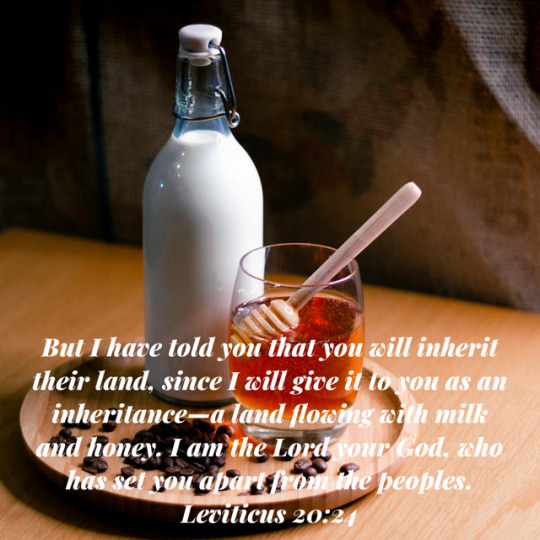
Bible | Leviticus 20:24
A Land Filed with Milk 🥛 & Honey 🍯
Photo from Pexels
#bible verse#bible scripture#bible#christian mental health#god is real#faith in jesus#jesus#leviticus#milk and honey#god
11 notes
·
View notes
Text

#oc#crimsonfucker#original character#authors#catholic#gay#gay men#art#Michael#michael vibourne#leviticus
13 notes
·
View notes
Text
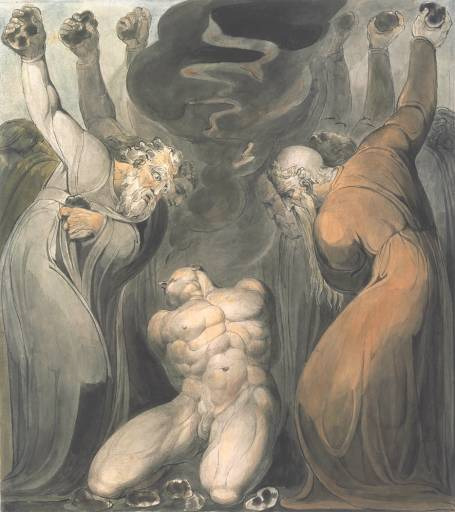
The Blasphemer, as in Leviticus 24:13-23, by William Blake (1757-1827), circa 1800, ink and watercolor, at the Tate Collections
50 notes
·
View notes
Text

Donald Trump:
"The Democrats say, 'Please don't call them animals. They're humans.' I said, 'No, they're not humans, they're not humans, they're animals." (Green Bay, Wisconsin, April 2, 2024)
The Bible:
"But the stranger that dwelleth with you shall be unto you as one born among you, and thou shalt love him as thyself; for ye were strangers in the land of Egypt: I am the Lord your God." (Leviticus 19:34, KJV)
#Fuckstick von Clownface#MAGAts#hush money#GOP#Trump's Christian Army#Donnie D-Cups#MAGA#Leviticus#Leviticus 19:34#immigrants#election fraud#christians#christian beliefs#Bible verses Christians reject
9 notes
·
View notes
Text











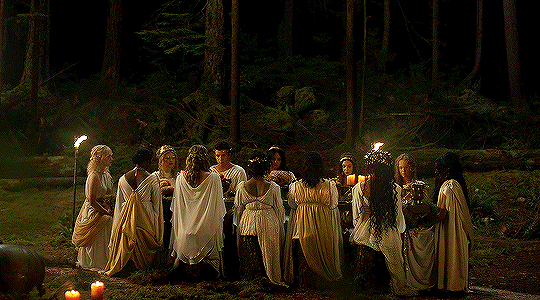



The amount of religious references and biblically accurate allusions Yellowjackets has is insane. With intentional implications such as "The Last Supper", cult leaders, baptism, sacrifices, blood, Laura lee...among others.
Leviticus 4:23/ Shauna Shipman my poor little butcher/ Lottie has it worse than Jesus.
#yellowjackets#shauna shipman#the butcher#lottie matthews#leviticus#biblical#the last supper#reference
21 notes
·
View notes
